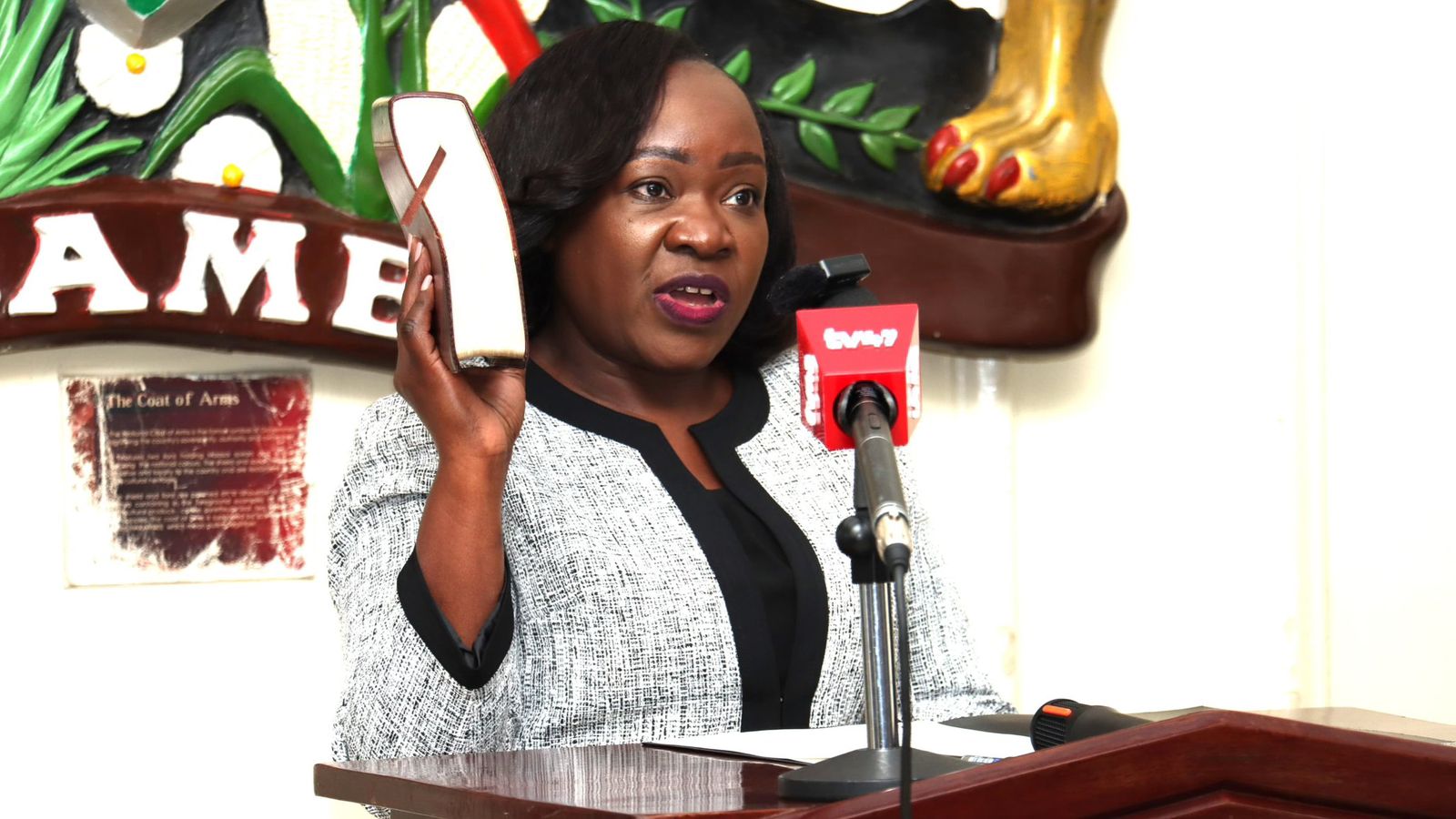 Kenya National Commission on Human Rights chairperson Claris Awuor Ogangah-Onyango
Kenya National Commission on Human Rights chairperson Claris Awuor Ogangah-Onyango
Kenya National Commission on Human Rights chairperson Claris Awuor Ogangah-Onyango has been appointed as the vice chairperson of the Panel of Experts on Compensation of Victims of Demonstrations and Public Protests.
In a gazette notice dated November 4, Chief of Staff and Head of the Public Service Felix Koskei said her appointment takes effect immediately.
He revoked the appointment of Law Society of Kenya president Faith Odhiambo, who resigned from the post on October 6.
Claris was appointed to chair the Kenya National Commission on Human Rights (KNCHR) on October 3 by President William Ruto.
A distinguished human rights specialist, advocate of the High Court and development leader, she brings to the role over two decades of experience in advancing social justice, gender equality and the rule of law in Kenya and across the region.
Claris joins the 18-member panel appointed on August 25 for a tenure of 120 days from the date of its appointment.
The team, chaired by constitutional lawyer Makau Mutua, who also serves as principal co-ordinator, was tasked with designing and establishing an operational framework to verify, categorise and compensate eligible victims of demonstrations, public protests and riots dating back to 2017.
The panel’s terms of reference also require it, where evidence warrants, to recommend reparations, prosecutions or other appropriate accountability measures to the Office of the Director of Public Prosecutions and other relevant oversight bodies.
Announcing her resignation, Odhiambo said the decision was driven by the need to safeguard the Law Society’s independence and unity amid ongoing legal and constitutional challenges.
She explained that her initial acceptance of the role had been guided by confidence in the panel’s capacity to reform Kenya’s legal and institutional framework for victim reparations, which she described as inadequate in addressing historic cases of police overreach.
However, she said the conservatory orders issued by the Kerugoya court on October 8, which temporarily stopped the panel from executing its mandate, had made it impossible for the team to meet its 120-day deadline.
“As things stand, the time-bound mandate of the panel has been stopped by our courts, and the proposed tenure is likely to lapse before the matter is resolved,” she said.
However, she said she would continue to advocate for victims through the Law Society, which represents several families affected by police violence during the 2023 cost-of-living demonstrations.
Amnesty International Kenya executive director Irungu Houghton also suspended his participation in the panel following the court decision.
He clarified that, apart from attending the official swearing-in ceremony, he had not participated in any meetings or undertaken any duties for the panel.
“I shall not do so until the High Court gives a way forward,” he said.
The same court extended the conservatory orders until October 21, 2025.
Claris, who holds a Master of Laws (LL.M.) degree from the University of Nairobi, has a strong record of strategic leadership in human rights.
Before joining KNCHR, she served as Deputy Head of the Office of the High Commissioner for Human Rights (OHCHR) in Kenya, where she led partnerships with government ministries, constitutional commissions, civil society and UN agencies to integrate human rights into national development and governance agendas.
Other members of the panel include Dr John Olukuru, Rev (Fr.) Kennedy Barasa Simiyu, Dr Linda Musumba, Dr Duncan Ojwang’, Naini Lankas, Dr Francis Muraya, Juliet Chepkemei, Pius Metto, Fatuma Kinsi Abass, Raphael Anampiu and Kennedy Ogeto.
The panel’s technical experts are Richard Barno (Technical Lead) and Dr Duncan Okelo Ndeda (Co-Technical Lead).
The joint secretaries are Jerusah Mwaathime Michael and Dr Raphael Ng’etich.

















